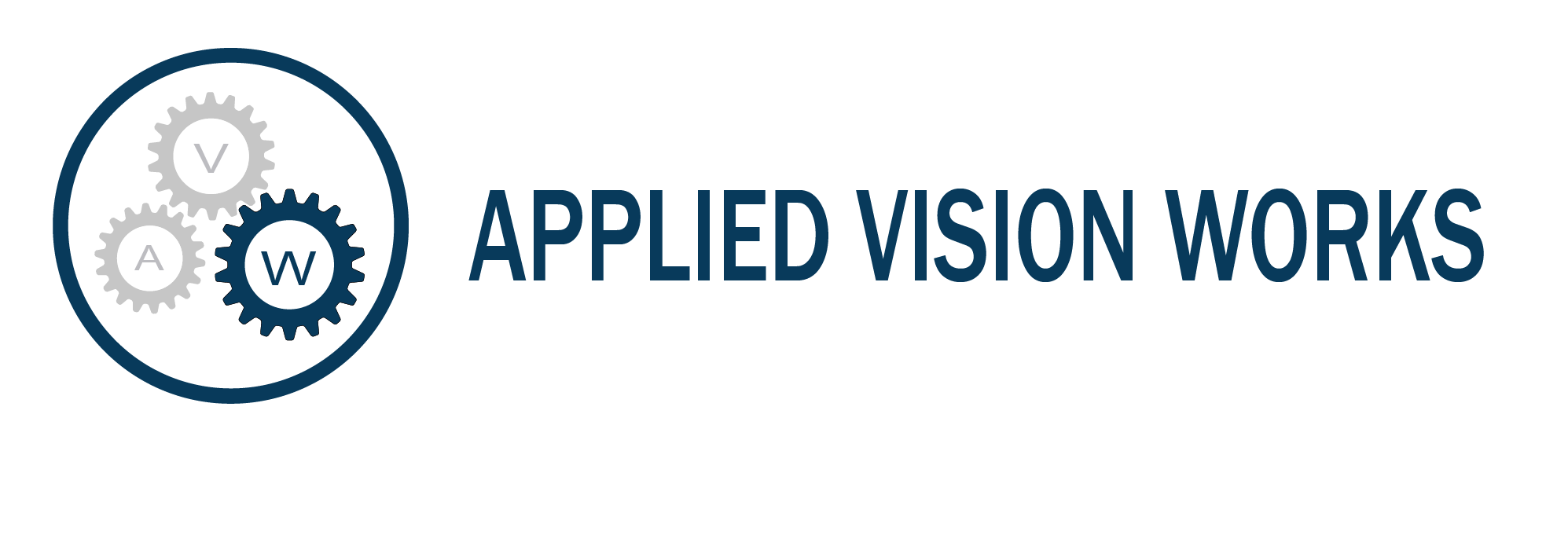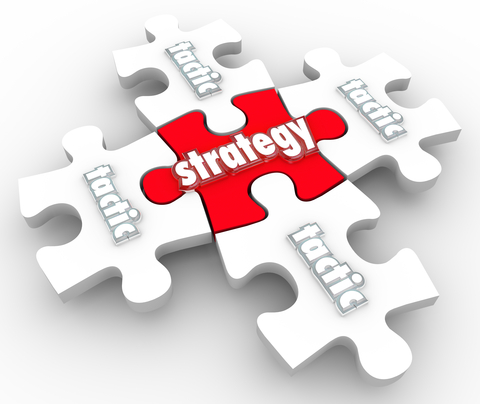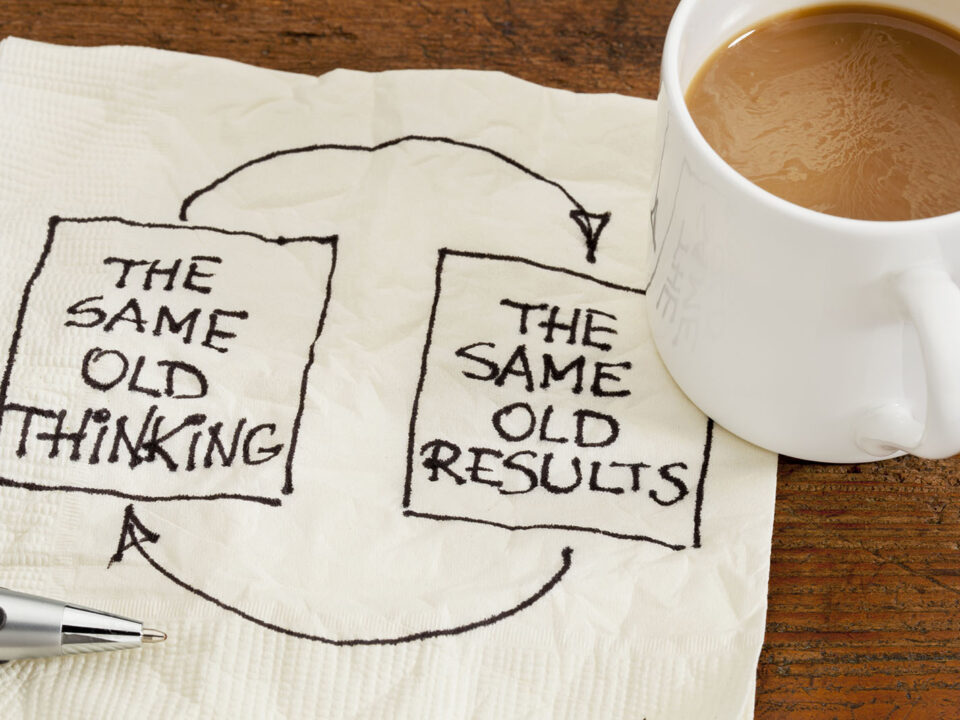Find Out What 25,000 Business Leaders See Coming in 2015
The Art of Mergers and Acquisitions
In working with teams, we frequently run across a common frustration where meetings do not feel productive. The meetings take too long and give too little actionable information; attendees are there in body, but not in heart, mind and spirit.
We have a number of tactical tools to deal with this. One way is to ask at the end of every meeting, “What do we need to stop doing?” I asked that in a meeting last week. One member suggested that they stop reading the list of late payments made by customers in the meeting because it takes about 15 minutes and no decisions are being made about them. If there is no decision to be made or action to be taken, no time should be taken up in the meeting to discuss. Instead, include the information in the pre-meeting information package. By stopping actions that are wasteful, you will get better results from meetings.
Another tool is to get everyone the information for the meeting at least 48 hours prior to the meeting, and it is expected that everyone should read and review it. The purpose of the meeting is NOT to read out loud what can be read before the meeting. The purpose of the meeting is to go deeper than the information and get into the “guts” of what is best to do after the meeting and to flesh out the “fuzzy stuff” that can’t be put on paper about how to best handle something.
Other than time-wasters, another problem we see regularly is people giving example after example during meetings. If everyone is in agreement, examples do not need to be given. This is why in meetings it is usually most valuable to give the headline or conclusion first. Only give the evidence or example if need to clear up a misunderstanding or to work out disagreements. This will cause some discomfort to those analyzing individuals, but this need can be met with the pre or post meeting information package.
Our goal is for meetings to be as valuable as possible for everyone that attends. We believe the purpose of meetings is to make decisions and then take powerful action after the meetings. For meetings to do that, there are a dozen critical tools to use that will engage the participants hearts, minds and spirits and cause a depth of interaction to get buy-in. Without doing this, meetings can be simply a waste of time.
Some questions to consider:
-
Have you and your leaders reviewed your meetings recently to see if they are truly productive?
-
Is there clear, powerful actions being taken after meetings that support your strategic goals?
-
Are your participants fully engaged and becoming better through these meetings?
If your organization needs help getting to the heart of matters, contact our expert guides at 800-786-4332 or email CClemmer@AppliedVisionWorks.com. It only takes 30 minutes to get started!







